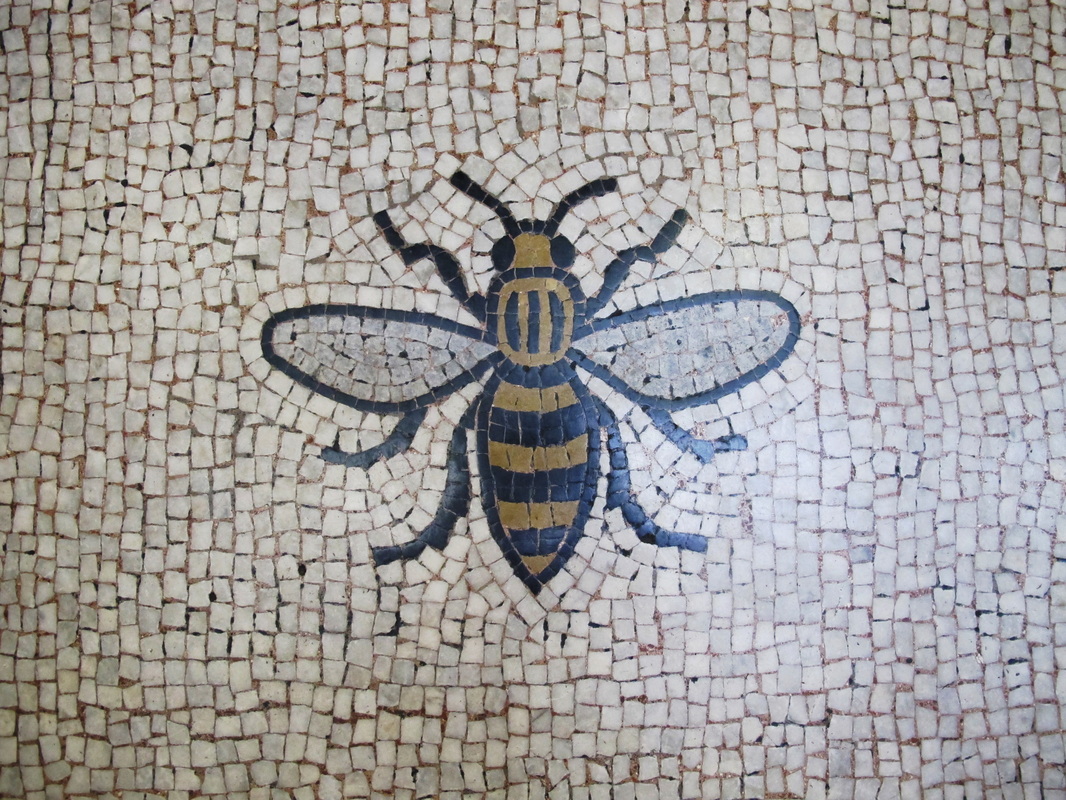‘Terror carnage’, ‘massacre’ – some of the headlines splashed across Britain’s front pages today after an explosion last night killed at least 22 people at Manchester Arena.
Several newspapers featured the photograph of an injured young woman being helped from the arena by police officers. Another told of ‘desperate parents’ ‘frantically searching’ for their missing children.
Hours after the tragedy, some commentators even pondered the likely impact on the upcoming General Election.
Sensationalism is nothing new. But given the recent wave of attacks in Western Europe, it is unsettling to witness the apparently shameless disregard of some news organisations for the impact of their reporting. This is at best tasteless and at worst distressing to victims and their families exposed to the media frenzy that follows such attacks.
In the wake of the Westminster attack two months ago, tabloid headlines screeched of a ‘terror rampage’ and ‘terror carnage’. More shockingly, Reuters news agency published graphic photographs of victims on social media. The images were not pixelated and showed faces, bodies and blood for the world to see and share.
The National Union of Journalists’ Code of Conduct says that journalists should not ‘intrude into anybody’s private life, grief or distress unless justified by overriding consideration of the public interest’. But how can newspapers make the right decisions on ethics with the ‘thirst to be first’ when a story breaks?
If you ask a journalist why they do their job, their answer will probably be something about wanting to fight for the truth or inform people. However, if recent media coverage of terrorist attacks is anything to go by, it is all about making money. Who can pull out the most harrowing witness account? Who has the goriest screenshot? Decent, honest reporting is being overshadowed by the bloodthirsty media circus, which salivates over the intimate details in a bid to sell the most shocking story. Amid last night’s terrible events, the stories of locals offering a place of refuge to victims or people queuing to give blood have been lost amid the sensationalist headlines. Perhaps if journalists knew any of the traumatised people coming out of Manchester Arena last night, they would think twice before filling the morning papers with photographs of them in their darkest moment.
It is easy to be naïve and call for an end to this tabloid mania. Newspapers have always fought for scoops, driven by an increasingly competitive media landscape. That is here to stay. However, journalists must not forget their social responsibility to report tragic stories like the Manchester Arena attack with sensitivity and respect. Freedom of the press is a pillar of any democracy and newspapers should absolutely be independent to make their own editorial judgements. All that is missing is a little humanity.
Charlotte Mason
(Image courtesy of Jonathan Schofield Manchester Tours)

